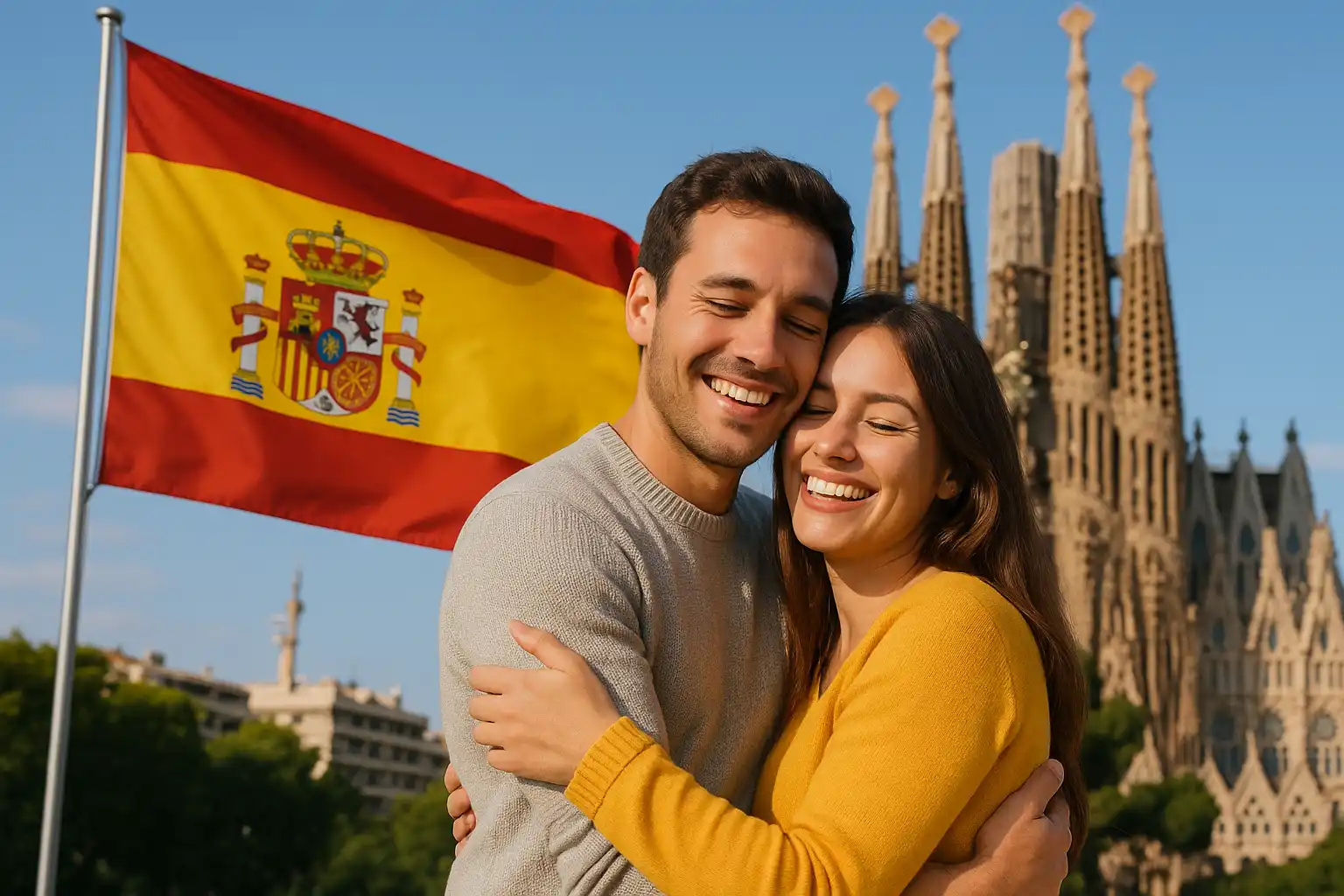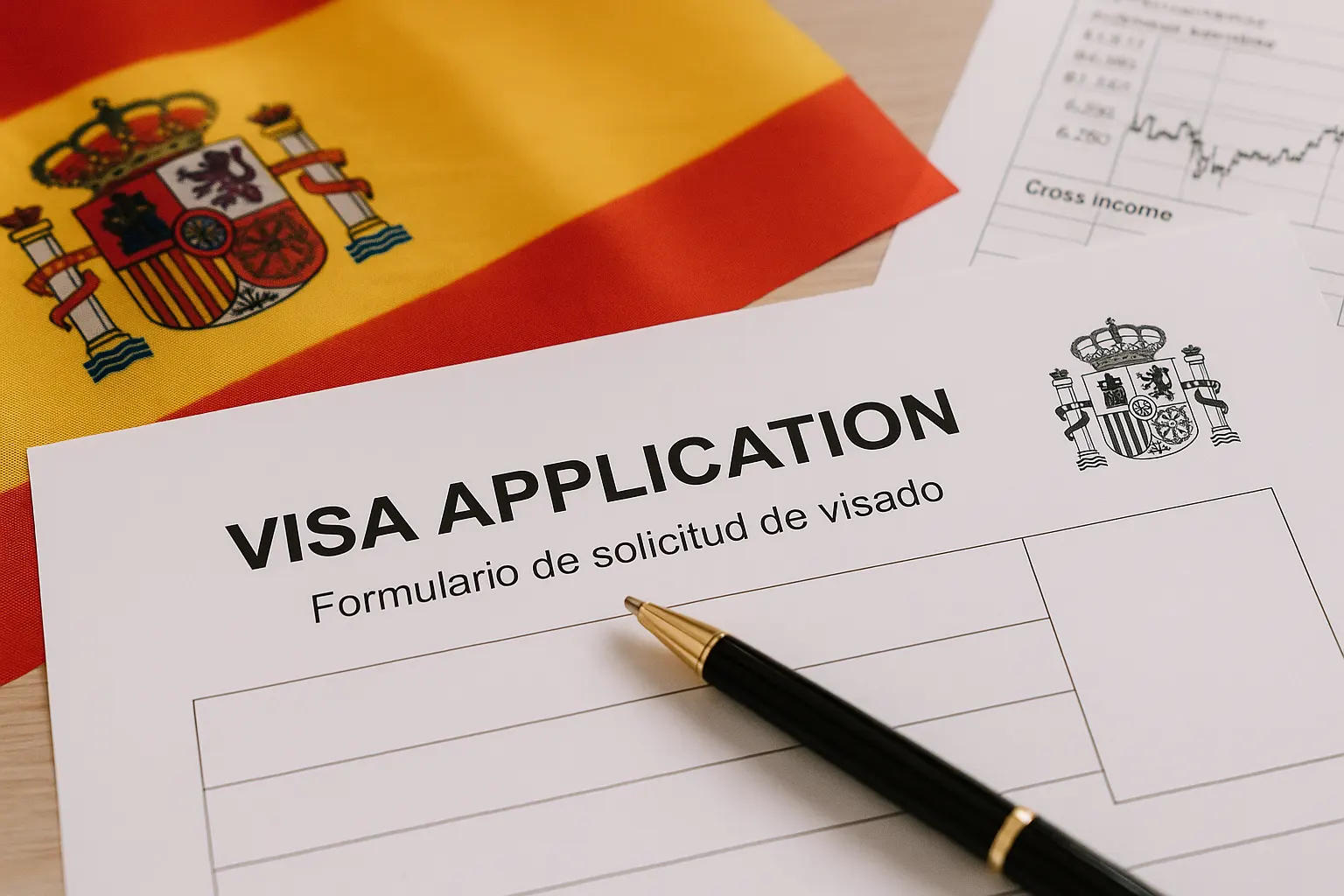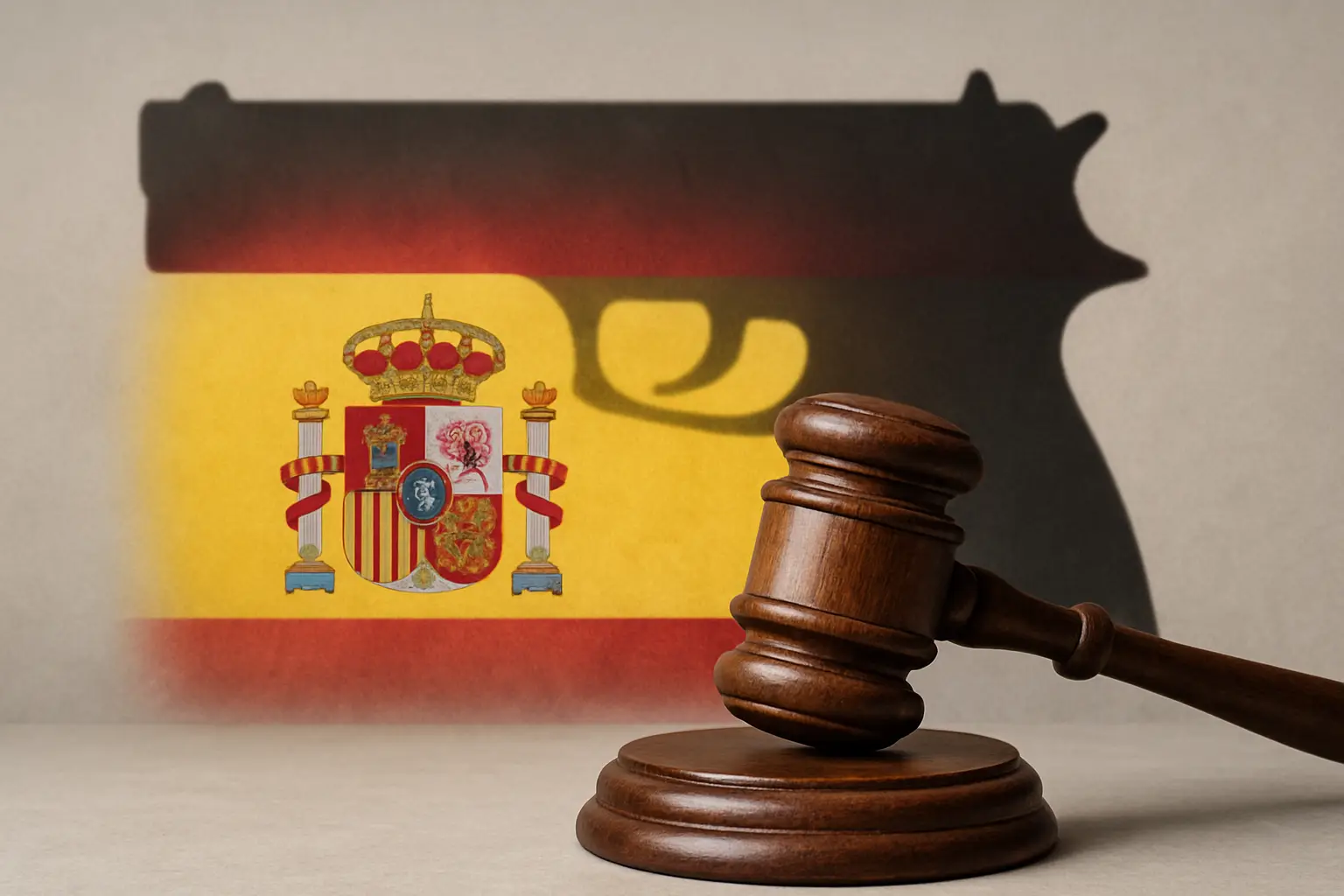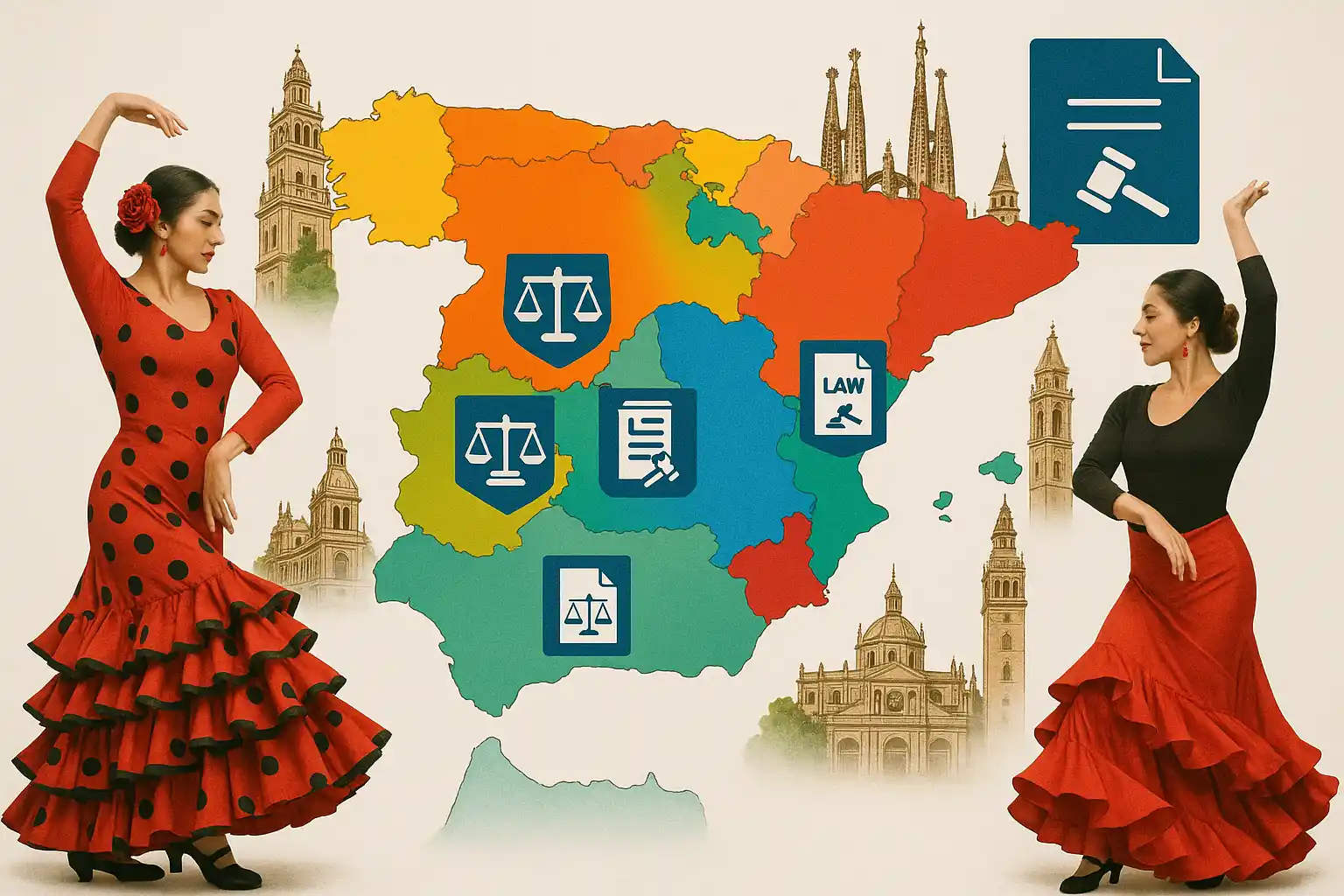Many people seeking a change of scenery or a relaxed lifestyle find living in Spain without working to be an appealing option.
For those wanting to live in Spain without engaging in any work activities, the Non-Lucrative Residence Visa is a promising way to achieve that.
Understanding the Non-Lucrative Residence Visa
Overview of the Non-Lucrative Residence Visa
The Non-Lucrative Residence Visa is designed for individuals who wish to reside in Spain without undertaking any work or professional activities. It is an ideal option for retirees, freelancers, digital nomads, or individuals with sufficient financial means to support themselves without relying on employment in Spain.
Financial Requirements
One of the key aspects of this visa is the minimum financial means required to demonstrate self-sufficiency during your stay in Spain. Typically, applicants need to show proof of stable income or substantial savings to cover living expenses without engaging in work in the country.
Health Insurance Coverage
Comprehensive health insurance coverage is a mandatory requirement for obtaining the Non-Lucrative Residence Visa. This ensures that you have access to quality healthcare services during your time in Spain and helps protect you from unexpected medical expenses.
Required Documents
To successfully apply for the Non-Lucrative Residence Visa, you will need to provide a set of documents, including:
- Valid passport
- Proof of clean criminal record
- Medical certificate
- Proof of accommodation in Spain
- Proof of sufficient financial means
- Comprehensive health insurance coverage
By understanding these key aspects of the Non-Lucrative Residence Visa, you can navigate the application process more effectively and make informed decisions about pursuing residency in Spain without engaging in work activities. However, if you’re considering remote work options while residing in Spain, it might be worth exploring the Digital Nomad Visa, which offers different benefits and requirements compared to the Non-Lucrative Visa.
It’s also important to be aware of potential challenges during the application process. Familiarizing yourself with common reasons for Non-Lucrative Visa denial can significantly improve your chances of success.
Lastly, if you successfully secure a Non-Lucrative Visa and wish to extend your stay beyond five years, understanding what happens after five years on this visa can help you plan your future residency options in Spain.
Duration, Renewal, and Long-term Options with the Non-Lucrative Residence Visa
- The initial Non-Lucrative Residence Visa for Spain typically grants a duration of one year to individuals seeking to reside in the country without engaging in any work activities.
- To ensure continuity of residency, applicants must meet specific conditions for renewal, which often involve demonstrating sufficient financial means to support themselves during their stay.
- Beyond the initial visa period, there is the potential to explore long-term options such as permanent residency or even citizenship by maintaining continuous residence in Spain for a specified period.
- Obtaining permanent residency usually requires fulfilling certain criteria, including residing in Spain for a set number of years without significant absences.
- For those considering Spanish citizenship, the pathway typically involves a more extended stay in the country and meeting specific requirements related to integration and language proficiency.
By understanding the visa’s validity period, renewal process, and long-term prospects for residency and citizenship under the Non-Lucrative Residence Visa scheme in Spain, individuals can make informed decisions about their future plans in the country.
Restrictions, Obligations, and Tax Considerations under the Non-Lucrative Residence Visa
The Non-Lucrative Residence Visa strictly enforces an employment prohibition. Visa holders are not allowed to engage in any form of paid or unpaid work within Spain or abroad while residing under this status. This condition is central to the visa’s purpose, which targets individuals who have sufficient financial means to support themselves without seeking employment in Spain.
Maintaining residency status requires compliance with specific residency maintenance obligations:
- Spend a minimum of 183 days per calendar year physically present in Spain.
- Avoid prolonged absences that could suggest abandonment of residency.
- Notify authorities about any changes in address or personal circumstances during the visa validity period.
Failing to meet these criteria risks visa cancellation and loss of legal residence rights.
The question “Can I live in Spain without working there?” connects directly to tax implications stemming from this visa type. Establishing tax residency in Spain occurs when an individual spends more than 183 days annually within the country or has Spain as their primary economic interest location.
Key tax implications include:
- Declaring worldwide income to Spanish tax authorities once classified as tax resident.
- Filing annual income tax returns (IRPF) accordingly.
- Understanding double taxation agreements between Spain and other countries to prevent double taxation on foreign income.
- Considering wealth tax obligations if assets exceed specified thresholds.
For those holding a Non-Lucrative Visa, it’s crucial to understand the tax obligations associated with this residency type. These obligations encompass navigating residency, filing, and double taxation strategies effectively. Additionally, residents may also need to familiarize themselves with capital gains tax, which includes understanding rates, exemptions, calculations, and tips for both residents and non-residents.
Non-lucrative residents should anticipate navigating Spain’s comprehensive tax system to ensure full compliance. Professional advice from specialized tax consultants is often necessary given the complexity of cross-border taxation and residency rules.
Remaining informed about these restrictions, obligations, and fiscal responsibilities is essential for anyone asking “Can I live in Spain without working there?” and choosing the Non-Lucrative Residence Visa as their path to legal residence.
Including Family Members and Navigating the Application Process for the Non-Lucrative Residence Visa
Eligibility Criteria for Family Members
- Spouses, children under 18, or children over 18 who are financially dependent may be included as dependents in your Non-Lucrative Residence Visa application.
- Proof of relationship and dependency must be provided through documents like marriage certificates, birth certificates, and financial statements.
Application Process Steps
- Visit the nearest Spanish consulate or embassy to submit your visa application.
- Prepare essential documents such as passport copies, proof of relationship with dependents, financial means proof, health insurance coverage, and a clean criminal record certificate.
- Be ready for a possible interview to assess the authenticity of your application and intentions.
- Stay informed about any updates or additional requirements from the consulate during the processing period.
By understanding the eligibility criteria for including family members in your visa application and navigating the application process efficiently, you can streamline the process of obtaining a Non-Lucrative Residence Visa for you and your loved ones.
Conclusion
The Non-Lucrative Residence Visa route offers a unique experience and lifestyle opportunity to live in Spain without traditional employment.
This visa provides individuals with the flexibility and freedom to fully immerse themselves in Spanish culture, explore the country’s vibrant landscapes, and appreciate its rich history.
Although the application process may appear overwhelming, the benefits of living in Spain without working make it a worthwhile pursuit for those seeking an alternative lifestyle.
Opting for this path opens up opportunities for new adventures, personal development, and unforgettable experiences in one of Europe’s most enchanting destinations.














